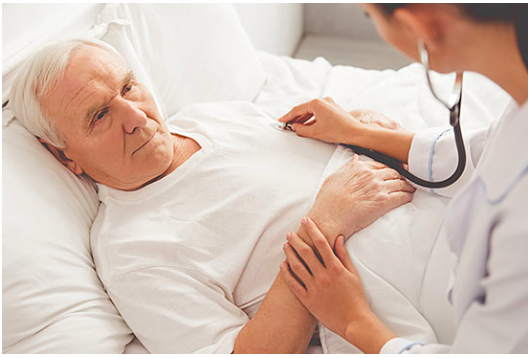Infection
RSV infections can be dangerous for certain adults
RSV infections can be dangerous for certain adults, according to the Centers for Disease Control and Prevention.
Each year, it is estimated that between 60,000-160,000 older adults in the United States are hospitalized and 6,000-10,000 die due to RSV infection. Adults at highest risk for severe RSV infection include:
- Older adults
- Adults with chronic heart or lung disease
- Adults with weakened immune systems
- Adults with certain other underlying medical conditions
- Adults living in nursing homes or long-term care facilities
When an adult gets RSV infection, they typically have mild cold-like symptoms, but some may develop a lung infection or pneumonia.
RSV can sometimes also lead to worsening of serious conditions such as:
- Asthma
- Chronic obstructive pulmonary disease (COPD) – a chronic disease of the lungs that makes it hard to breathe
- Congestive heart failure – when the heart can’t pump enough blood and oxygen through the body
Older adults who get very sick from RSV may need to be hospitalized. Some may even die. Older adults are at greater risk than young adults for serious complications from RSV because our immune systems weaken when we are older.
RSV vaccine can help protect adults aged 60 years and older from RSV. Talk to your healthcare provider to see if vaccination is right for you.

